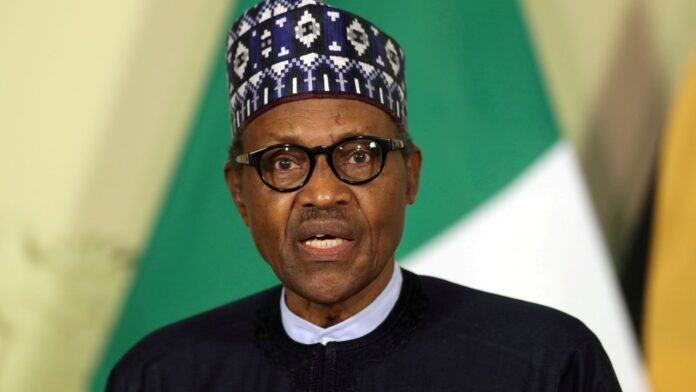Godfatherism has generated discord in Nigerian politics, which has become one of the country’s most critical problems. In Nigeria, godfathers are seen as those having the ability and influence to choose who runs in elections and sometimes who wins them.
These godfathers fund or provide care and assistance for political individuals or causes. Similarly, a person who has been charged with a crime or has a criminal record may be designated to run for a position with the godfather’s backing.
These Godfather figures act as a divinity to political individuals under them. They meet their godsons/goddaughters’ basic needs, defend, protect, and assist them in achieving their goals. Aids provided by godfathers are seen as a future investment that yields a payout when their candidate is in power. It is therefore conventional for political newbies to seek a political father to aid one’s political ambitions.
The Advent of Godfatherism in Nigeria
Godfatherism first emerged in Nigerian partisan politics during the First Republic. Leaders of the three major political parties meticulously cultivated godsons whom they believed would advance the well-being of the citizens. Ahmadu Bello, Nnamdi Azikiwe, and Obafemi Awolowo who were party leaders of NPC, NNPC, and AG respectively; were all inspired to assist the people’s progressive aims only.
Unlike today’s crop of political godfathers, the first-generation godfathers were inherently progressive as they did not abuse their status as godfathers by imposing frivolous expectations on their godsons, as is the case now.
When a godson resists their godfathers’ frivolous requests, he is either impeached from political office or kisses his second-term tenure aspiration goodbye; take for example the recent conflict between the likes of Tinubu and Ambode in Lagos.
Anambra Crises as a result of Godfatherism
Let us take into account the political battle in Anambra State, which began in 1999 with Governor Mbadiniju and his godfather, Chief Emeka Offor.
What appeared to be a minor disagreement between both parties; escalated quickly into a major battle that risked the state’s very existence.
The dilemma eventually trapped the governor, earning him hatred from state residents. His inability to pay State employees on time further aggravated the problem. As a result, workers went on strike and public schools were forced to close for up to an academic term.
The Anambra State Chapter of the Nigerian Bar Association (NBA) chastised the governor, giving him an ultimatum to resolve wage arrears or resign immediately.
The Chairman of the NBA’s State Branch, as well as his wife, were slain as a response to the NBA’s demand.
The ethos of the state became one of lawlessness, brutality, and orgies of extrajudicial executions. Because of the governor’s tussle with his political godfather, residents of Anambra were denied access to essential services.
Bakassi Boys were used by the Governor to intimidate political opponents in his bid for a second term.
Meanwhile, Mbadiniju’s political father, Offor, swore that he would ensure that Mbadiniju would not seek re-election; so, the chaos and killings continued until his four-year rule was over.
Illicit use of money in Politics, Godfather’s domain
The billions of naira spent by Nigerian godfathers to fund their godsons’ campaigns have completely commercialized elections in Nigeria, automatically excluding individuals of honor, character, and integrity from holding elected public offices.
The illicit use of money in politics is a godfather’s domain. Godfatherism has grown so prevalent in Nigerian politics that very few politicians can attain success without the unwavering backing of godfathers. Individuals in Nigeria who want to govern at any cost have sold political leadership to the highest bidders, as massive quantities of money are required for electoral fraud. As a result, desperate politicians seeking to win elections frequently seek godfathers.
Nigerian ruling leaders are the worst – Peter Obi says
Conclusion
Since the introduction of godfathers, Nigeria as a country is yet to make significant progress in terms of a transparent government. The advent of these political jobbers has regularly caused setbacks that obstruct democratic growth and development.
In addition to being incompatible with the formation of democracy in Nigeria; godfatherism has been established as a basis for corruption, retrogression, underdevelopment, mediocrity, and backwardness. This problematic idea of godfathers has become increasingly heightened particularly since the fourth republic.
Godfatherism is fundamentally opposed to the freedom and well-being of citizens. It is thus advised that the government and stakeholders in Nigeria address godfatherism as a political, and legal issue rather than a party one.

